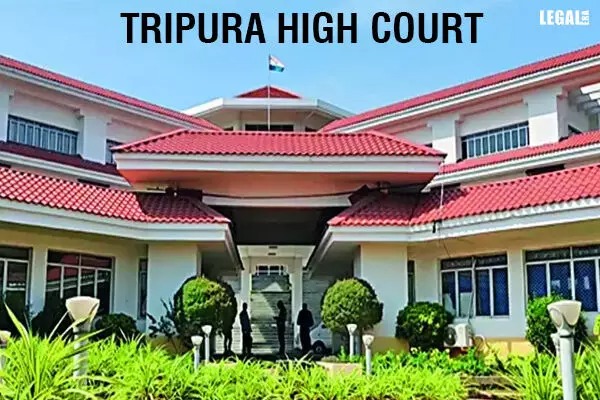🏷️ By Skylink Times | Updated: June 21, 2025
🟡 Key Highlights
⚖️ Tripura High Court steps in on the long-standing issue of 10323 terminated teachers
📜 Government asked to clarify status of appointment processes and policies
👩🏫 Teachers terminated after Supreme Court upheld High Court’s 2014 ruling
🔁 Ongoing legal debate around reappointment, alternative roles, or fresh recruitment

🔍 Inside the Courtroom: What Happened?
In a significant development, the Tripura High Court has sought detailed clarity from the state government regarding the status and appointment policy concerning the 10,323 teachers whose services were terminated in 2020.
The court’s intervention follows multiple petitions and ongoing public concern surrounding the employment crisis that has impacted thousands of families and strained the state’s education system.
🕰️ Background Recap
These terminations stem from a 2014 High Court judgment, later upheld by the Supreme Court, which ruled the recruitment process of 10,323 teachers as unconstitutional due to procedural lapses and violation of recruitment norms.
Since then, debates have continued around whether:
A fresh recruitment policy would include former teachers
Any compassionate or temporary employment options are viable
There were administrative oversights in complying with court orders
💬 Current Stand
The High Court has now directed the state to provide:
A clear explanation of any ongoing recruitment or regularization policy
Steps taken to address the long-standing grievances of the affected teachers
Timelines or roadmaps, if any, for resolution
This hearing is being viewed as a turning point in the legal and administrative journey of the case.
👥 Public Sentiment & Teacher Voices
Many of the terminated teachers—some with over a decade of service—continue to hold peaceful protests and demand either reinstatement or suitable alternatives. Public support remains strong, especially in rural and semi-urban areas where teacher shortages are now critical.
📌 Why It Matters
Affects over 10,000 qualified professionals and their families
Raises questions on policy transparency, legal compliance, and employment reform
Has implications for the quality and consistency of public education in Tripura